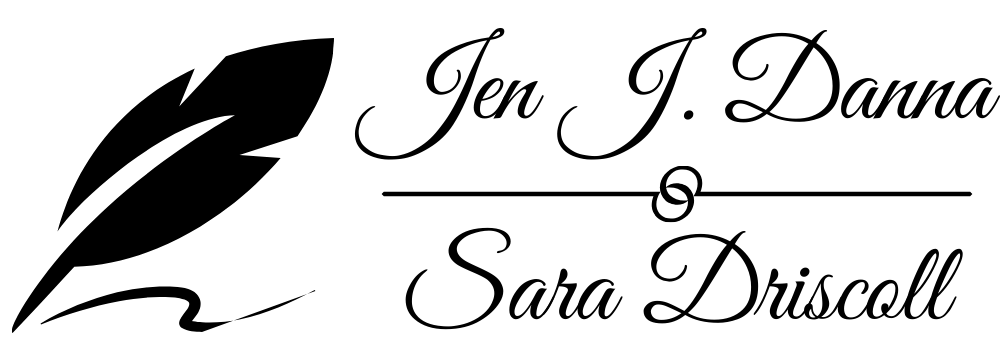I Wrote THAT?
/There’s nothing like a really good critique team to allow you to fully realize your shortcomings as a writer.
Don't get me wrong, I don't think this is a bad thing. Having fresh eyes look at your manuscript allows you to see it through the perspective of a reader instead of that of a writer. Things that are obvious to you as the story planner can sometimes leave your reader scratching his or her head in confusion. These are all fixable story issues, but you need to know about them before you can revise accordingly.
We were lucky to build a really solid critique team from women we met on LiveJournal over the course of several years. Of our core critique team, Margaret and Jen are both excellent writers in their own right and Sharon is a fantastic editor. Our last team member, Lisa, has been one of our long term readers, but, more than that, she’s worked hand-in-hand with us as our technical advisor on several novels and is currently back on board with us again for our current work-in-progress. Each of our team members brought something different to the table whether it was an eye for long arc story issues, character inconsistencies, police protocol mishaps, continuity errors, or line-by-line nitpicking. It was wonderful because, as a group, they covered all the bases. Needless to say, I’m thrilled that they’re all back on board for our current work-in-progress.
But apart from story issues, a really sharp critique reader will also help you improve your prose. This was where our agent, Nicole, really stepped up to the plate. She’s a trooper, and she spent a lot of time carefully reviewing the manuscript. And this was really where I got hit hard with that I wrote THAT?? feeling. Nicole has a professional eye, so her critique involved a lot of issues that we hadn’t fully touched upon before.
Nicole’s revision notes were quite an eye opener. For starters, apparently I have a real issues with point of view. It’s funny how switching POV never bothered Ann or I. But when Nicole sent the manuscript back, even though she'd made specific in-line notes about POV, she suggested rereading through the manuscript and highlighting each different character’s POV in a specific colour to really understand the issue.
Wow. Let’s just say that the chapters were way too colourful. But the point was made... in spades.
Another prevalent issue was passive versus active writing. There were entirely too many 'watched/saw/felt/thought' phrases and once she pointed them all out (and when I say all, I mean all), the impact of it was really obvious to me. How on earth did I not see that before?
The other thing that Nicole stressed to make sure that the goal motivated conflict for the characters was solid. This was another one of those issues where the motivations were obvious in my head, but might not be to the reader, so we made sure that aspect of the manuscript was tightened up.
Did I mention that Nicole is a trooper? Because she really, really is.
It was a massive revision to fix all that, but as much work as it was, it was a great learning experience for me. In starting our current work-in-progress, I’ve got my eye firmly on POV and am planning out chapters ahead of time specifying which POV to stick with. I have a list of passive verbs to watch for in our first edit run per chapter to weed them out right away. They say that recognizing a problem is half the battle; my goal is to not allow that kind of writing to creep in at all, but if it does, I’m now on the alert to clean it out, hopefully before Ann even sees the first draft. As I said, it was an excellent learning experience. Yes, for a moment or two it makes you question your skills as a professional writer, but in the end you develop stronger skills and that's the true positive outcome.
Have any of you had that I wrote THAT? feeling when you’ve gotten revision notes or contest notes back? Surely I’m not the only one...
Photo credit: CollegeDegrees360




 87.5%
87.5%